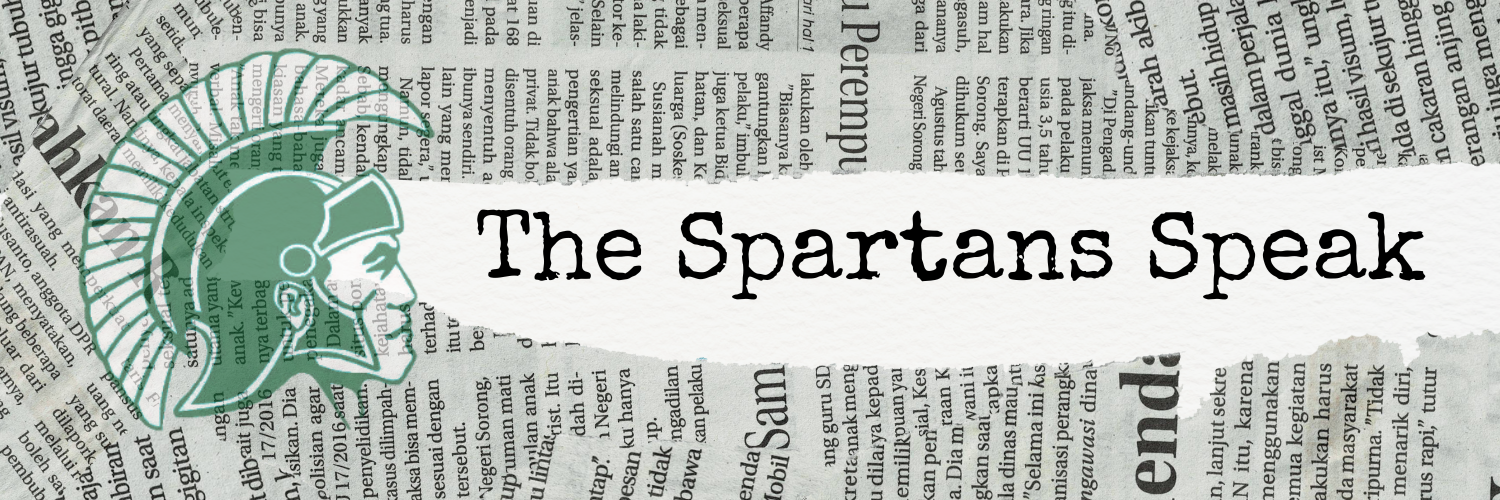Is Poetry Dead?
April 11, 2023
In a fast-paced, ever-changing world, poetry is a dying art; or is it?
For some, it’s the only thing that gives life meaning. Being a poet is more of a mindset than a talent, as a poet perceives the world in thoughtful, unique ways. Any noteworthy poet has a keen eye for the way the world works. They can see a flower and ask: Where did you come from? What have you gone through to get here? What kinds of struggles have you overcome to thrive (or wither) where you stand? Any other person may look at the flower and think, what a pretty little flower, and then continue on with their day. The importance of the flower is determined by the individual.
You see, it’s all about perspective. For some, poetry is a blooming poppy, whilst for others, it is simply a pesky weed.
Children are often much more creative perspective than adults, but this child-like wonder is something people tend to lost over the years, as life takes its toll. Believe it or not, there are still a few people who are grasping onto that creative flame and lighting their hearts with it, hoping to spread the fire and bring life back into the world of poetry, (not to say that it’s dead, of course).
A thing to note about art is that it’s subjective, the most subjective thing that will ever be. When you try to get nitty gritty with definitions of art, it gets complicated, and seemingly impossible. There is an excerpt from an essay titled “Is Poetry a Dying Art?” by Emer Handley and Shauna Bowers that I find quite fascinating. It reads, “Poetry has never been and will never be one definitive way. Just like humanity, it is constantly changing, constantly learning, constantly growing. However, some elements of poetry will never change. The raw emotion it evokes, the beautiful pictures it creates and the long-standing societal impacts it can cause will be around forevermore. For as long as we have emotions and thoughts, we will have poetry.” This quote shows that poetry has not died, despite what many critics say, but rather that it has been evolving alongside humanity.
There are many societal studies to show that the general population’s priority isn’t literature, but according to The Washington Post data charts, poetry is as alive as singing with your friends, or listening to jazz, each of them falling under the 10% range of American adults who have participated in these events within the past year. Even with the numbers so low, it isn’t zero, meaning poetry cannot statistically be dead. Its community may be small and unappreciated, but that isn’t to say that it doesn’t exist; after all, if you have to continually insist that something is dead, it probably isn’t.
The reason people debate about anything is to find common ground on a definition. You can’t argue with a fact, and poetry, for a fact, still exists. Yet we still have trouble identifying what specifically is or isn’t poetry. That is most likely the reason there is such an argument over whether or not poetry is alive and well or rotting in its grave: we can’t define what is poetry to decide if it’s alive or not.
So you can’t be mad about modern poetry because there is no real, final, definition for poetry. You can’t say modern poetry doesn’t exist because it obviously does. You can’t say Instagram poetry isn’t real poetry. Although I don’t like it, I have to respect it for what it is: a stepping stone in the evolution of poetry in this culture. Poetry is art, and art is ever changing, as is life. Art reflects our lives. It affects and is affected by our lives. “Poetry is changing as time slides on,” said Seth Bramson of The Huffington Post.
And it’s like that with everything. The older generations won’t be able to accept the change, but the younger ones will because it’s been changed to fit their needs now. The same thing is happening with poetry. It’s not dead, it’s not on life support, its demographic has changed and so has its purpose.

